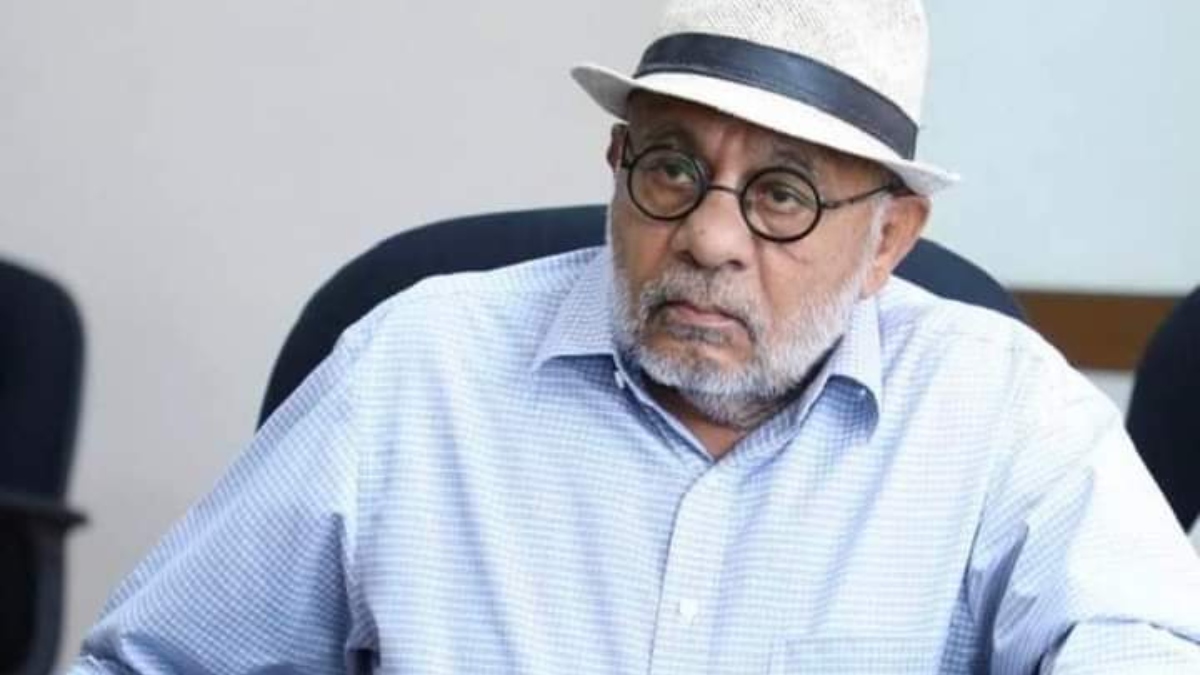“To be on a gunship is to be a god.” This is the first sentence in Ian Fritz’s book, “What the Taliban Told Me,” about his time in Afghanistan, and it’s a grabber. As part of a team riding an air chariot called a C-130 and hurling lightning from 2 miles high, he is indeed something of a god.
As the crew’s DSO (Direct Support Operator) he is not tasked with actual hurling, so maybe he’s more of a lesser god, a minion of the gunship’s commander rather than a true Angel of Death. Still, like many in the pantheon of older gods, he’s making life and death decisions about the groundlings scurrying beneath his wings. “What the Taliban Told Me” By Ian Fritz Simon & Schuster.

288 pages, hard cover $29.99 In the Air Force, a DSO is a flying linguist. Fritz’s job was to ride in airplanes patrolling Afghanistan’s skies and listen in on any electronic chatter he could tune in.
If he heard anything threatening, his team would warn the American forces on the ground and then try to eliminate the problem. He was listening to conversations in Pashto, one of Afghanistan’s major languages, and he was one of fewer than a dozen DSO’s who could speak Pashto well enough to do the job. Fritz, who lives in Maine, insists his book “is not a memoir.
Nor is it a war book.” Instead, it is an extended introspection, recounting what he heard in those gunships, what he did when he was on board, and how those experiences changed who he was then into who he is today. But to understand this introspection, he has to give us a lot of memoir.
Where he grew up (in a religious household in a double-wide in Florida), how he did so poorly in school that he didn’t get into any of the colleges he applied to (told in a magnificent run-on sentence more than two pages long), how he joined the Air Force (“the best decision I ever made”) and how he made it to language school even though he wasn’t anything like military-grade material. One of the important things he learned in language school was something called the Sapir-Whorf hypothesis, which stripped to its minimum says “language is culture.” The structure and vocabulary of your language determines how you think, how you interact with others in your linguistic community and how you view the world.
When Fritz learned Pashto, he was learning to think like a Pashtun and to understand the world the Afghan Taliban lived in. So now the first half of the book makes sense. It’s not a memoir – although it is a co-winner of the 2024 award for memoir from the Maine Writers & Publishers Alliance – it’s a language lesson.
Fritz is teaching us ‘military,’ a language filled with acronyms, crude humor and vulgarities, so we can understand the world that he lived in as a DSO. And Fritz’s two worlds are fundamentally incompatible. In the military world, the Taliban are evil and killing them is virtuous.
In the Afghan world, the Pashtun are just a bunch of guys thinking “what the hell are you foreigners doing here?” Whether they were Taliban or just locals speaking Pashto, listening to them in their own language made him so conflicted that he became depressed, suicidal and ultimately unfit for combat. It was no surprise that in the book’s last chapters, Fritz is filled with anger. Anger about clumsy conversations about Afghanistan, anger about the mission he and his fellows had been charged with, anger at the Taliban.
But he’s especially angry about the lives he took while trying to distinguish enemies that needed to be killed from people just going about the business of living. For me, one of the most curious things about this sympathetic, thought-provoking and very well written story is that during his time in Afghanistan, Fritz never mentions talking to an actual Afghan. From what’s in his book, he apparently never went into a market, village or city; he only listened to truncated conversations on walkie-talkies.
But in the end, that was enough for him to learn what the Taliban were telling him. Go away, they were saying. Leave us alone.
John Alden is an anthropological archaeologist who has worked extensively in the Middle East, in Iran, Syria, Iraq, Jordan and Oman. He has never been to Afghanistan. Modify your screen name Please sign into your Press Herald account to participate in conversations below.
If you do not have an account, you can register or subscribe . Questions? Please see our FAQs . Your commenting screen name has been updated.
Send questions/comments to the editors..



















